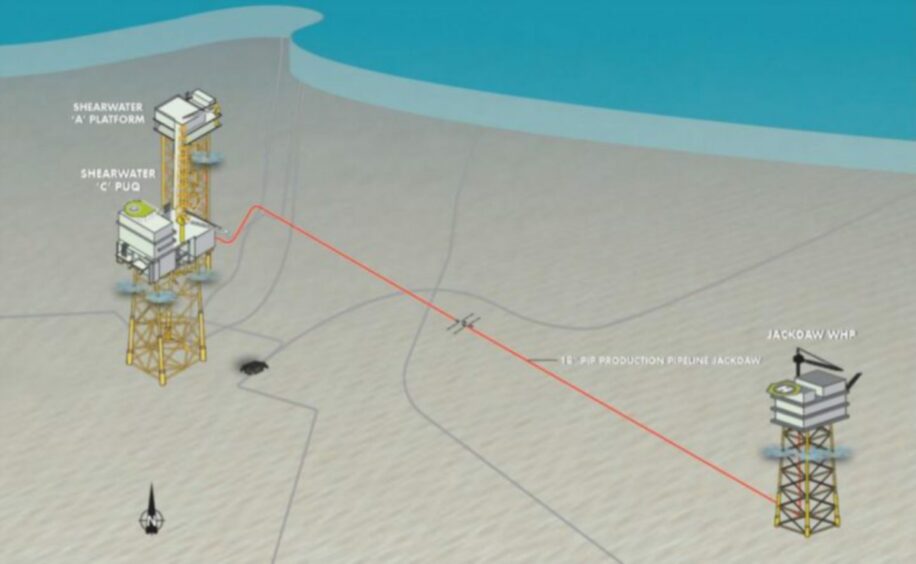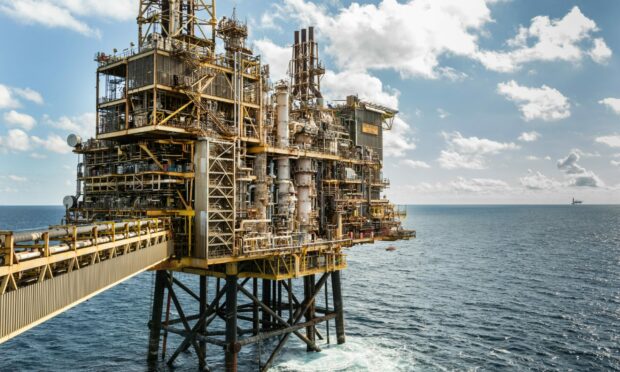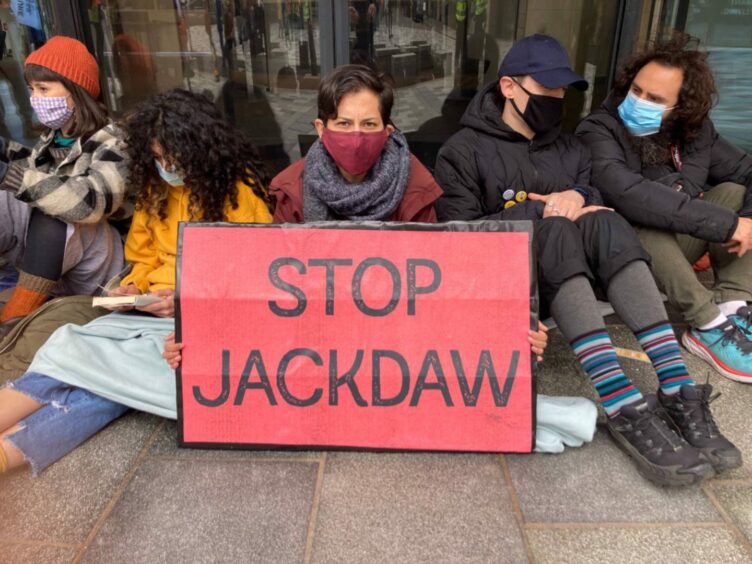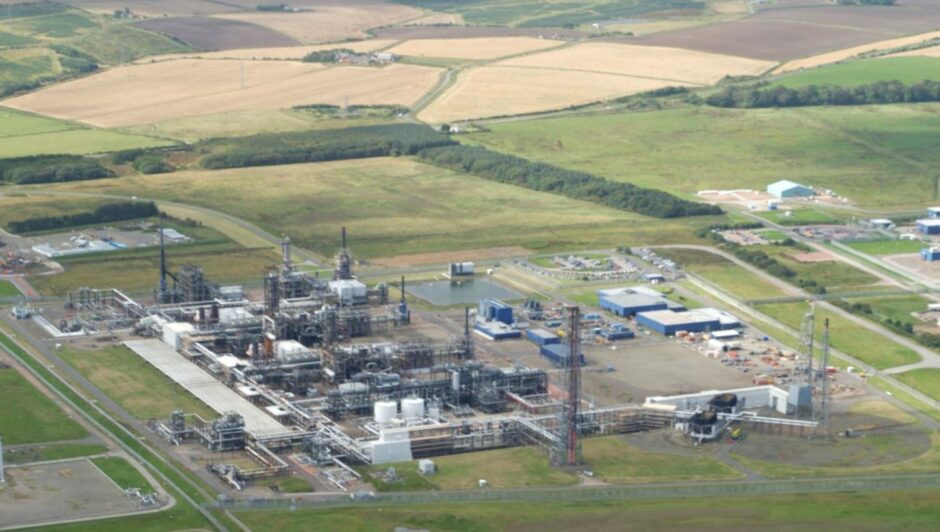Energy giant Shell has taken the final investment decision (FID) to develop the Jackdaw gasfield in the UK North Sea.
It follows the decision last month by the UK Government to green-light the project, which could yield £500 million in British investment, as part of its energy security drive.
Jackdaw will comprise a wellhead platform that is not permanently manned and subsea infrastructure which will tie back to Shell’s existing Shearwater hub.
The project is expected to come online in the second half of 2025.
At peak production rates, estimated at 40,000 barrels of oil equivalent per day, the development could deliver more than 6% of projected UK North Sea gas production.

It is also claimed operational carbon emissions from the field will be less than 1% of the whole UK basin.
Shell previously pledged to spend £500m in the UK to deliver Jackdaw, located about 155 miles east of Aberdeen.
That would deliver a “significant boost to companies, jobs and the prosperity of communities”, the supermajor said.
‘Secure and stable supplies’
Zoe Yujnovich, upstream director, Shell, said: “Investments like Jackdaw are consistent with the UK’s North Sea Transition Deal and Shell’s Powering Progress strategy, providing the energy people need today while serving as the foundation for investments in the low carbon energy system of the future.”
Shell has been locked in talks with the regulator for much of this year in an effort to get Jackdaw over the line.
The future of the field looked in doubt last year when the Offshore Petroleum Regulator for Environment and Decommissioning declined to approve the environmental statement for the project.
New focus on energy security
But since then, energy security has been thrown back into the spotlight following Russia’s invasion of Ukraine. Energy prices have also soared, a large part of the cost-of-living crisis and inflation currently plaguing the UK.
Westminster has sought to bolster domestic oil and gas supplies in order to reduce imports from Russia, giving the North Sea a much-needed shot in the arm.
Jackdaw has already become a new battleground between industry and environmental groups, similar to the controversial Cambo project west of Shetland.
A Stop Jackdaw campaign was launched earlier this year, with activists claiming the project will do nothing to reduce household energy bills.
Shell says projects like Jackdaw will help ensure North Sea production decline is “gradual rather than too steep” as the energy transition develops.
Gas from the field will come ashore at St Fergus gas terminal, near Peterhead, which is also home to the Acorn carbon capture and storage project – meaning production from Jackdaw could be used to produce blue hydrogen.
But Greenpeace has launched a legal challenge against the government in an attempt to halt Jackdaw in its tracks.
The environmental campaign group claims Westminster sanctioned the project without checking the climate damage of burning the gas extracted.
But the government is satisfied there will not be any “significant effect” on the environment.
‘Scandal’
Greenpeace UK campaigner Philip Evans said: “This Jackdaw approval is a scandal. The government knows that burning fossil fuels drives the climate crisis. We believe this is an astonishing dereliction of the government’s legal duty, and we won’t let it stand.
“So we’re taking legal action to stop Jackdaw, and whenever we see the government acting unlawfully to green-light new fossil fuels we stand ready to fight in the courts.”



Conversation